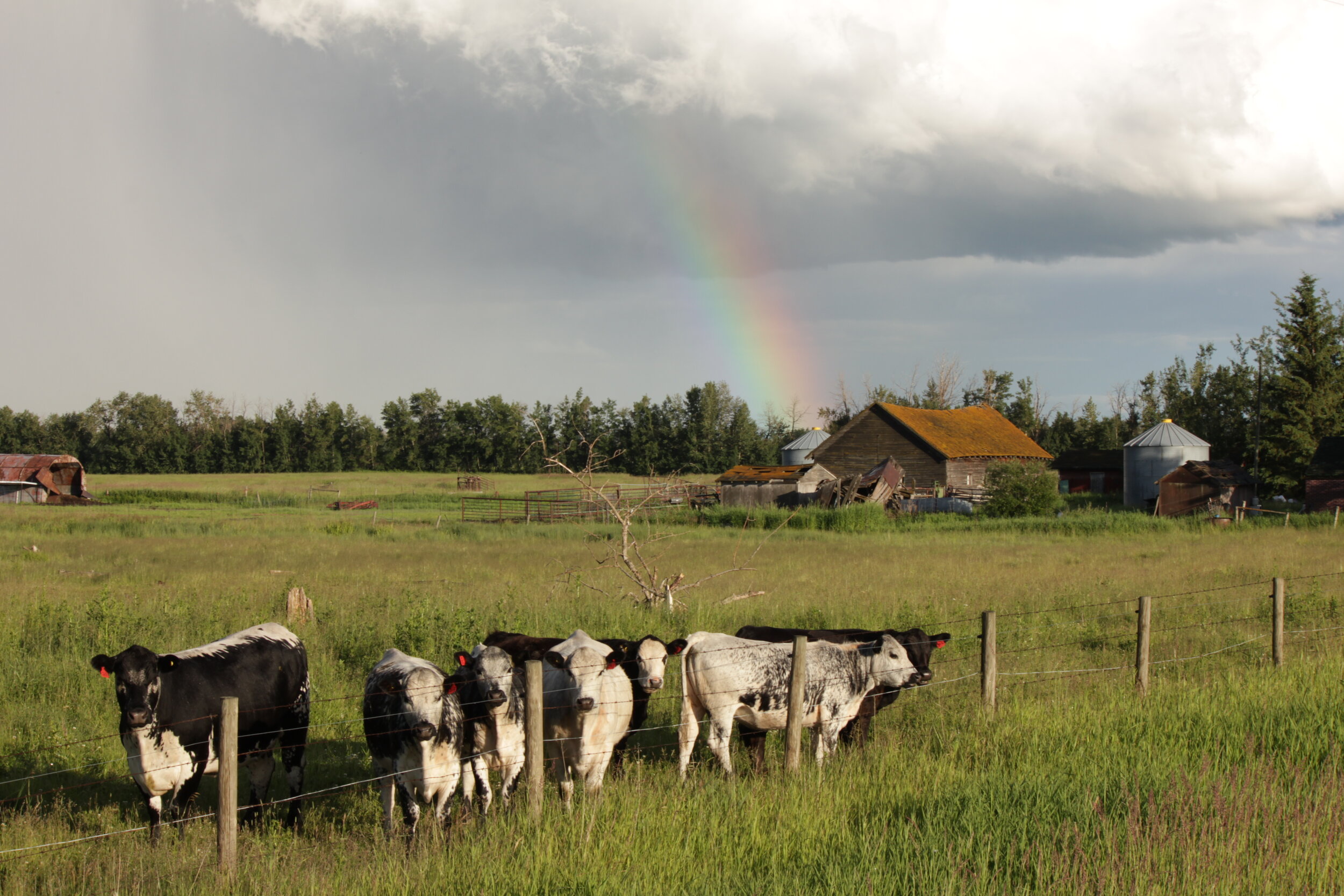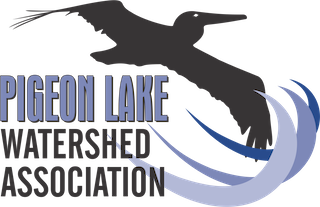
Watershed Land
Pigeon Lake Watershed Management Plan
Pigeon Lake Watershed Management Plan
Lake
Watershed Land
Shoreline
Working Together
The pigeon lake watershed is located within the Battle River Watershed, which is part of the even larger North Saskatchewan River Watershed.
Pigeon Lake watershed up to the height of land surrounding the lake
Watershed Land Key Findings
Reducing the amount of phosphorus pollution entering the water of Pigeon Lake must be a key goal for managing the lake. The coverage and ecological condition of land cover types with low phosphorous runoff (e.g. forests grasslands and wetlands) should be maintained and/or improved. Key natural lands such as wetlands and forested lands next to streams and the lake itself should be targeted for restoration. Land use activities should also be restricted in these areas.
Objectives
Increase land cover types (e.g. forest, wetlands) that have lower nutrient release rates, trap nutrients, and that promote biodiversity.
Improve phosphorous management for all land use activities to achieve a net reduction in nutrient runoff and promote biodiversity.
Promote clean runoff practices to reduce the transport of nutrients to Pigeon Lake.
Protect groundwater that feeds into Pigeon Lake.
Implementing the Plan
Lawn Fertilizer and Pesticides Ban
Objective 2b: Lawn Fertilizer & Pesticides
Additional Resources
Objective 1d: Restoration
Objective 4f: Water Wells
What is a Watershed?
An area of land, bounded by topographic features, that drains into a shared destination such as a river, stream, lake, pond or ocean. The size of a watershed can be tiny or immense and its boundaries and velocity of flow are determined by land forms such as hills, slopes and mountain ranges that direct water. Within each large watershed, there are many smaller watersheds.
The pigeon lake watershed is located within the Battle River Watershed, which is part of the even larger North Saskatchewan River Watershed.




